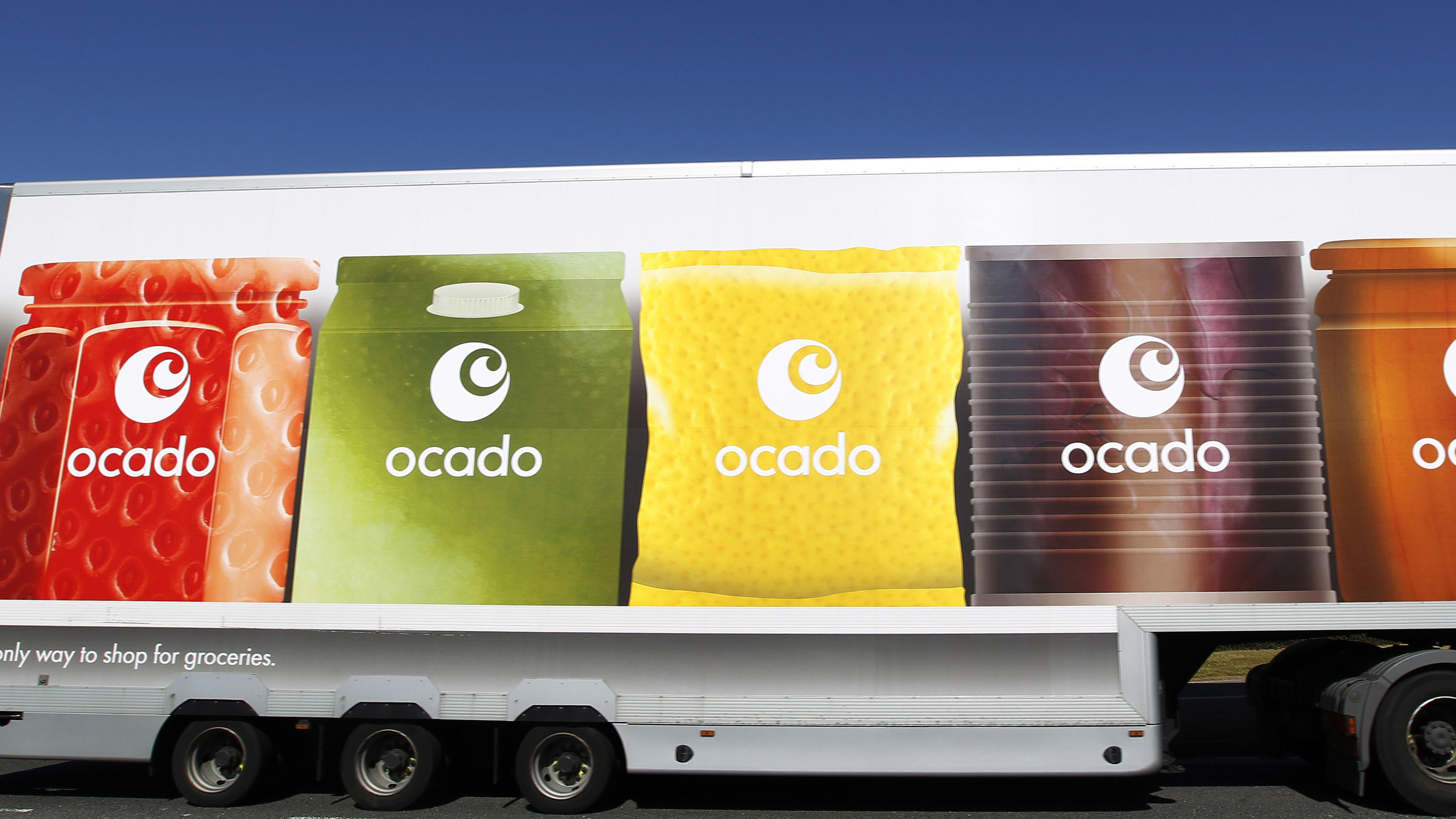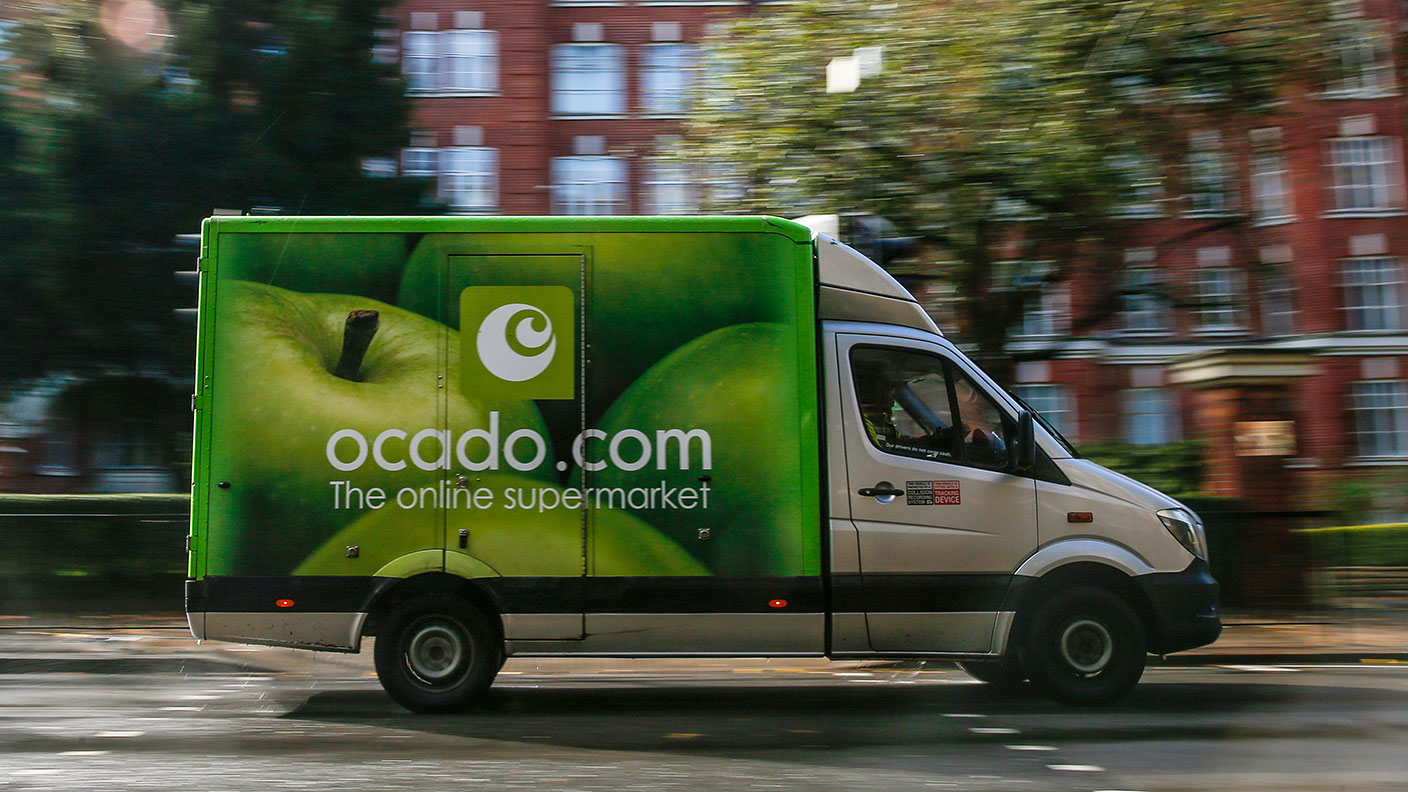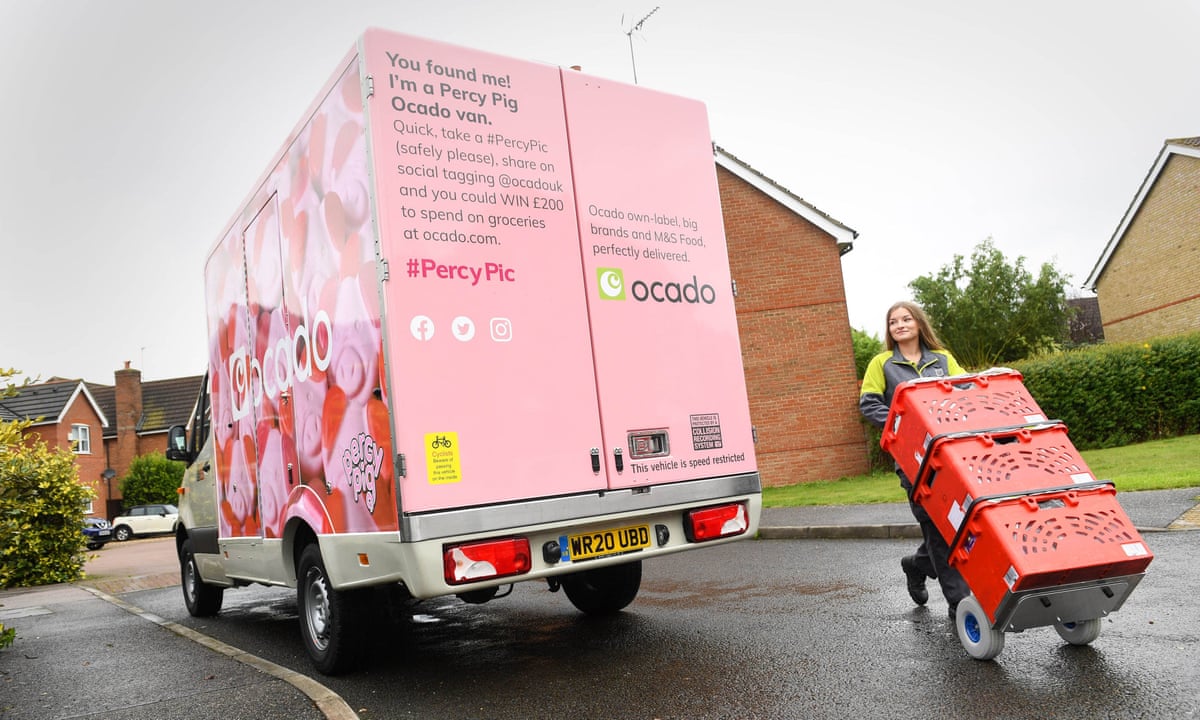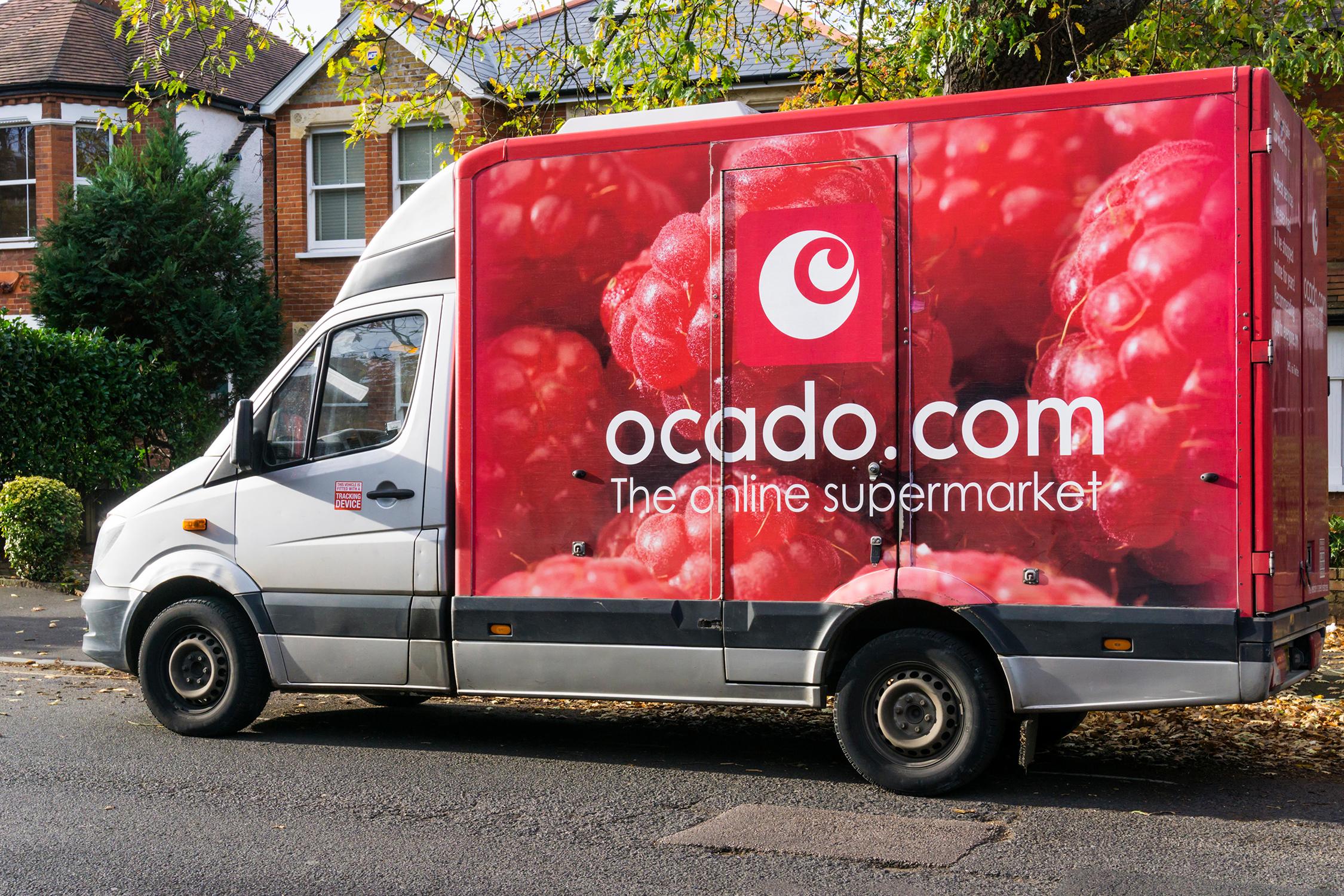In the fast-paced world of online grocery shopping, Ocado stands as a trailblazer, redefining the way people shop for groceries from the comfort of their homes. Founded in 2000, this British online supermarket has grown exponentially, revolutionizing the retail industry with its innovative technology, extensive product range, and unparalleled customer service. This article explores the key aspects that have made Ocado a standout player in the e-commerce market, as well as its commitment to sustainability, corporate responsibility, and continued growth.
Cutting-Edge Technology and Fulfillment Centers
Ocado’s success can be attributed, in large part, to its cutting-edge technology and state-of-the-art fulfillment centers. Unlike traditional supermarkets that operate physical stores, Ocado operates solely online, utilizing a sophisticated platform that enables seamless ordering and efficient delivery processes. The company’s advanced robotic system, known as the Ocado Smart Platform (OSP), automates order picking and packing, reducing human intervention and increasing order accuracy. This technology-driven approach has allowed Ocado to optimize its operations and provide customers with exceptional service.
Expansive Product Range and Quality
Ocado boasts an extensive product range, catering to diverse customer needs. From fresh produce to pantry staples, the online supermarket offers a vast selection of high-quality items. The company collaborates with well-known brands and has its own range of top-rated products, reflecting its commitment to delivering excellence to its customers. Ocado’s focus on quality control ensures that customers receive fresh and premium items, earning the trust and loyalty of its ever-expanding customer base.

Partnership with Marks & Spencer
In 2019, Ocado formed a strategic partnership with Marks & Spencer (M&S), a renowned British retailer, to bolster its grocery offerings. This collaboration allowed M&S to enter the online grocery market while giving Ocado access to M&S’s premium food products. The partnership further solidified Ocado’s position as a dominant force in the online grocery industry, combining its technological prowess with M&S’s exceptional product range.
Sustainability at Ocado: Pioneering a Greener Grocery Industry
In an era where environmental consciousness and sustainable practices are paramount, Ocado Retail Ltd stands at the forefront of the grocery industry as a trailblazer in sustainability. With its commitment to being the UK’s most sustainable grocer, Ocado Waste serves as the company’s overarching initiative focused on four core areas: food waste, carbon impact, packaging waste, and responsible impact. Through continuous innovation, strategic partnerships, and a customer-centric approach, Ocado has set new standards for sustainable practices in the e-commerce sector. In this article, we delve into the company’s initiatives and achievements, reflecting its dedication to ensuring a greener future for generations to come.
Reducing Food Waste: From Bins to Bellies
Ocado believes that food belongs in bellies, not in bins, and this ethos has guided its mission to reduce food waste since its inception in 2001. Through a combination of innovative practices and customer education, Ocado has achieved an impressively low food waste rate, with just 0.04% of products sent for conversion into reusable energy. However, the company remains committed to continuous improvement.

One of the key approaches to combating food waste is Ocado’s Life Guarantee, a feature that enables customers to know precisely how long food items will remain at their best. By promoting informed shopping decisions, Ocado empowers customers to reduce waste at home.
Additionally, the company has established strong partnerships with food banks to ensure that the majority of unsold fresh food is redirected to those in need. Ocado sponsors eleven refrigerated vans for food banks, enabling safe and efficient distribution of fresh fruits, vegetables, meats, fish, and other perishables. Any inedible food is responsibly converted into reusable energy, showcasing Ocado’s commitment to a circular economy.
To further enhance its efforts, Ocado engages with customers through food diaries, aiming to understand and address waste reduction challenges from their perspectives. By researching and sourcing waste reduction solutions, Ocado shares valuable knowledge with customers and suppliers, fostering a collective commitment to reducing food waste across the entire food supply chain.

Carbon Impact: Striving for Net Zero
As Ocado’s business continues to grow, so does its commitment to reducing its carbon impact. The company has made substantial strides towards achieving its Net Zero targets over the next 20 years, aligning with the UK Government’s ambitious 2050 target. To accelerate progress in the retail industry, Ocado collaborates with fellow retailers, suppliers, the UK Government, and other stakeholders to drive collective action towards a greener future.
Part of the British Retail Consortium’s (BRC) steering group, Ocado contributes to the Climate Roadmap, a groundbreaking decarbonization plan that outlines the company’s Net Zero targets. By investing in electric vehicles, hybrid vehicles, and exploring second-life solutions for its fleet, Ocado is reducing its carbon footprint and setting an example for sustainable transportation practices.
Through continuous research, Ocado seeks out environmentally friendly alternatives for its supply chain, emphasizing the importance of sustainability at every stage of its operations. These measures not only contribute to mitigating climate change but also inspire and assist customers on their own journeys to Net Zero, championing a collective effort towards a sustainable future.

Responsible Packaging: Fostering Eco-Friendly Choices
Understanding the significance of environmentally responsible packaging, Ocado has initiated essential changes to promote a more sustainable future. Launching the Eco Shop in July 2020, the company provides customers with a dedicated platform to find environmentally friendly options effortlessly, catering to the growing demand for eco-conscious products.
Ocado’s commitment to responsible packaging extends to its own-label products and supply chain. By prioritizing eco-friendly alternatives for carrier bags and packaging materials, the company actively reduces its environmental impact while empowering customers to make eco-conscious choices.
Responsible Impact: People, Animals, and the Environment
Recognizing its unique position in the retail industry, Ocado acknowledges its responsibility to ensure positive and sustainable impacts on people, animal welfare, and the environment. The company actively engages in various initiatives to address societal issues and support local communities.

Ocado’s commitment to its employees’ well-being, education, and food poverty initiatives highlights its dedication to fostering a positive workplace culture and supporting those in need. By collaborating with suppliers and promoting healthy choices, the company influences positive change throughout its supply chain.
Moreover, Ocado remains committed to environmental stewardship, recognizing that its operations have implications beyond the scope of its business. By embracing sustainable practices and corporate social responsibility, Ocado aims to make a lasting positive impact on the environment and set an example for other retailers to follow.






